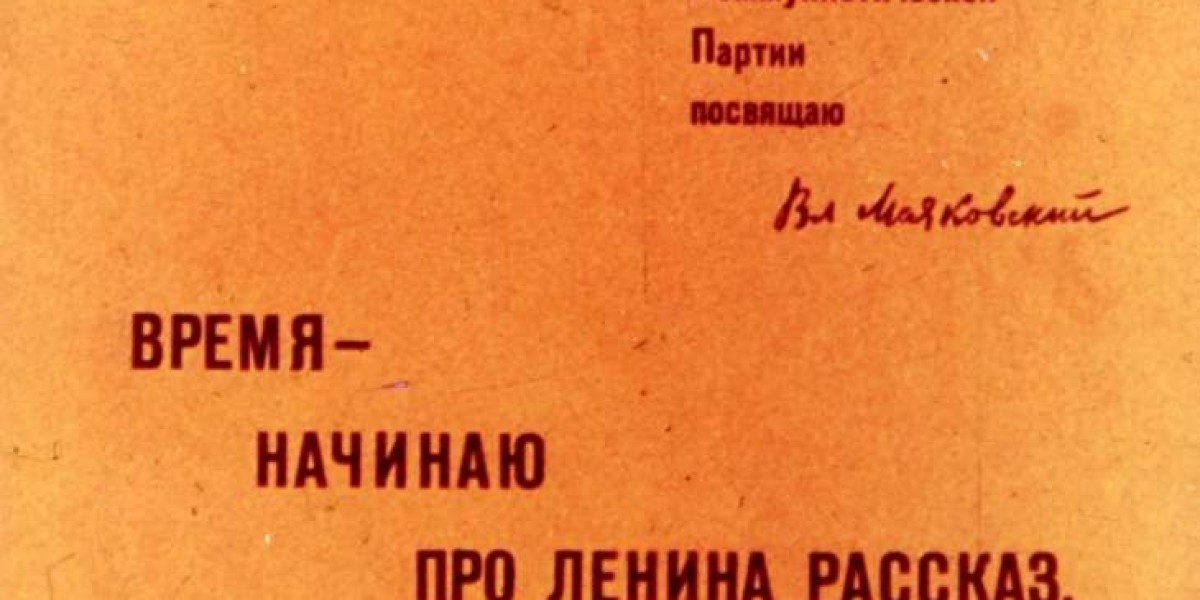As the complexity of economic interactions continues to evolve, the application of game theory stands out as a beacon of insight into strategic decision-making. For students delving into the depths of this subject, mastering its intricacies can be both challenging and rewarding. So, for those wondering, Who can do my game theory homework let's embark on a journey to unravel the mysteries of this fascinating field.
Question:
In a competitive market scenario, how do firms strategically position themselves to maximize profits while considering the actions of their competitors?
Answer:
Strategic positioning in a competitive market involves a delicate dance of anticipation, reaction, and adaptation. At its core lies the fundamental principles of game theory, which provide a framework for analyzing strategic interactions among rational decision-makers.
In this scenario, let's consider two competing firms, Firm A and Firm B, both operating in the same market. Each firm has the option to either set a high price (H) or a low price (L) for their product. The profits of each firm depend not only on their own actions but also on the actions of their competitor.
If both firms choose to set high prices, they enter a state of duopoly where profits are lower compared to a scenario where one firm undercuts the other. Conversely, if both firms choose to set low prices, they engage in a price war, leading to diminished profits for both.
This strategic interaction can be visualized through a payoff matrix, where the payoffs represent the profits of each firm based on their respective decisions. Through careful analysis, we can identify Nash Equilibrium, where no firm has an incentive to unilaterally deviate from its chosen strategy, given the strategy of its competitor.
In this example, Nash Equilibrium may occur when both firms choose to set low prices, as neither has an incentive to change their strategy knowing the response of the other. However, reaching Nash Equilibrium is not always guaranteed, especially in dynamic markets with changing conditions and imperfect information.
To navigate such complexities, firms employ various strategies, including price signaling, product differentiation, and strategic alliances, all aimed at gaining a competitive edge while minimizing risks.
In conclusion, the application of game theory provides invaluable insights into the strategic decision-making processes of firms in competitive markets. By understanding the interplay of incentives, risks, and outcomes, students can unlock the strategic mindset necessary to excel in the field of economics.
So, the next time you find yourself pondering, Who can do my game theory homework remember that the key lies not only in finding the right solutions but also in understanding the strategic reasoning behind them.







